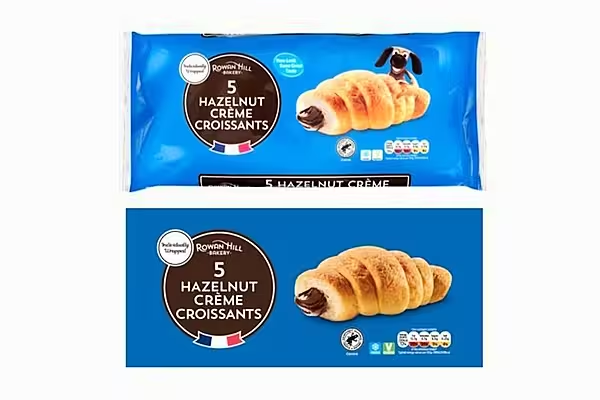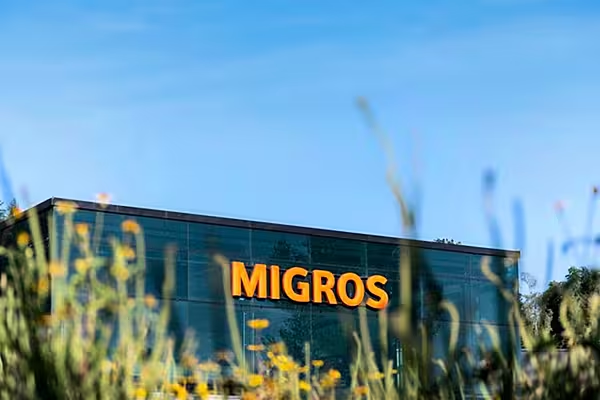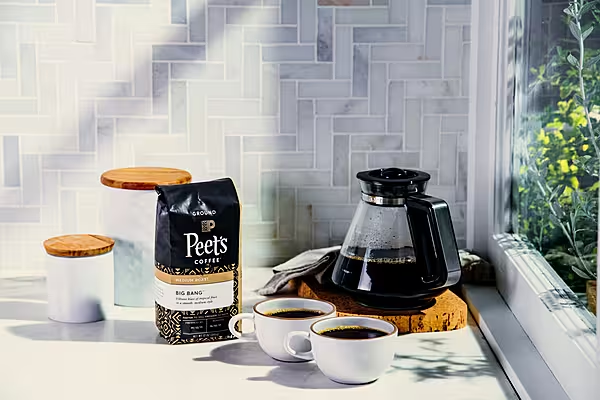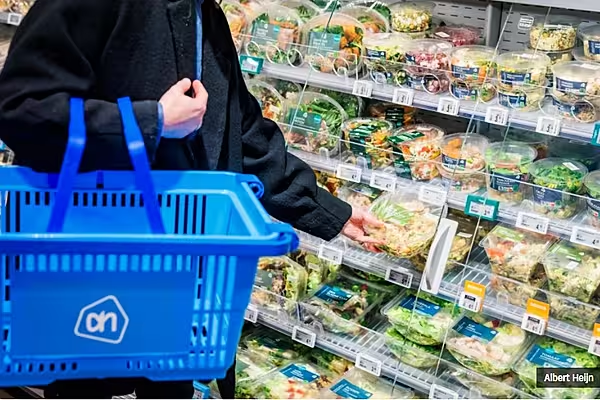After more than four years of falling U.K. revenue, Tesco Plc is stemming the decline.
Figures released Friday showed a 1.3 per cent drop in first-quarter same-store sales, the third straight improvement since a 5.5 per cent drop in last year’s second quarter. That beat analyst estimates and added to this year’s share gain, while putting Tesco back ahead of its biggest competitors.
Beset by deflation brought on by a price war between discounters and the traditional supermarkets, chief executive officer Dave Lewis has spent the first 10 months of his tenure making simple tweaks to win back shoppers. Prices are cheaper, shelves fuller and more staff are manning the shop floors. That’s translated into increased selling volume, with Tesco gaining 180,000 customers in the period.
“There is much to applaud in what Mr. Lewis has done to bring calm and order to Tesco in a short period of time,” Darren Shirley, an analyst at Shore Capital, said in a note.
Tesco shares rose as much as 4.4 per cent to 227.35 pence Friday, extending this year’s gain to 20 per cent.
There’s still much to do, and Lewis said Friday he expects deflation to continue and that the grocer’s performance will be subject to volatility for at least the next year.
“We’re not expecting a straight line,” he said.
Supply Overhaul
The scale of the change within Tesco can be seen in its dealings with suppliers. The former Unilever executive plans to reduce the ways in which it charges them from 24 to three, a switch that will take about 18 months to achieve.
At the same time, the CEO has to contend with debt of 21.7 billion pounds ($34.1 billion), a 3.9 billion-pound pension deficit, and credit ratings that were cut to junk this year.
Lewis declined to comment on how he might seek to strengthen the balance sheet amid reports that the company has received offers for its biggest international unit in South Korea and the Dunnhumby data-analytics business.
For now, his main focus is on regaining the customers that have absconded to German discounters Aldi and Lidl. Prices have been reduced on 700 product lines this year, the CEO said Friday, and more will follow. At the same time, store shelves are now about 93 per cent full at peak business times, up from the mid-eighties previously, Lewis said.
The upshot is that Tesco’s U.K. sales are now outperforming those of competitors J Sainsbury Plc, Wm Morrison Supermarkets Plc and Wal-Mart Stores Inc.’s Asda for the first time in at least seven years, according to Barclays analysts.
“Slowly we’re seeing a smaller and leaner Tesco emerge, which is a sharp contrast to the arrogant behemoth of old,” John Ibbotson, an analyst at researcher Retail Vision, said by e-mail.
News by Bloomberg, edited by ESM














